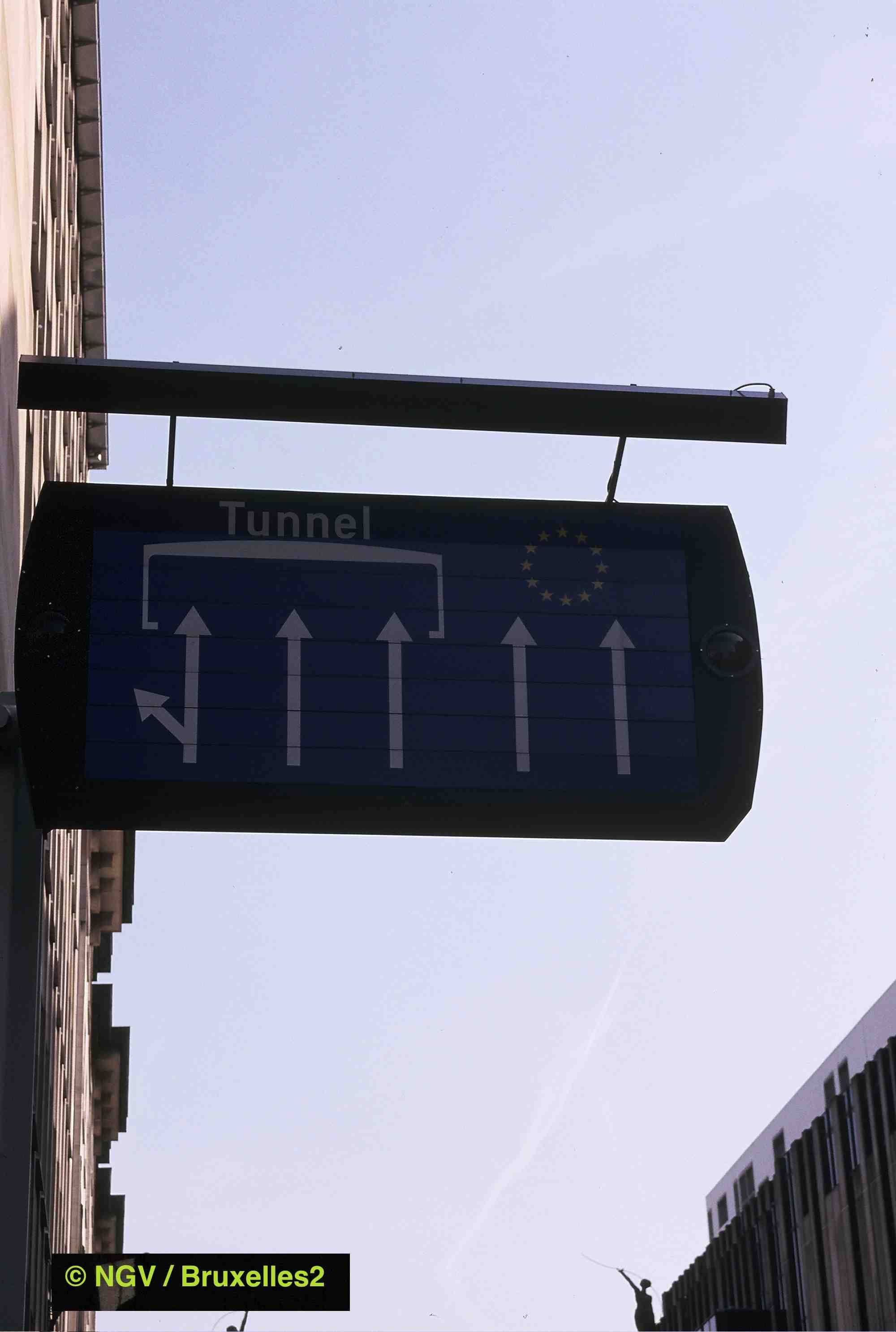Tax harmonization: where are we?
(B2)Does Europe have the competence to act in tax matters? Yes. First of all, by mutual agreement, the 27 can decide to “harmonise” taxes or indirect taxes. They can also decide to “approximate” any national legislation which has “an impact on the internal market” (which refers to direct taxes). Then, everyone undertook to fight against “harmful tax competition”, in other words tax dumping. Finally, the European Commission has the obligation to ensure that each State does not tax in a discriminatory way, directly or disguised, the products and services coming from the other Member States.
Are certain taxes harmonized? Yes. This is the case for many indirect taxes: customs duties and agricultural levies (fully harmonized), VAT (minimum rate and limitation of derogations), taxes on gasoline or cigarettes. More timidly, taxation on savings has begun to be regulated (minimum withholding tax). With regard to direct taxes, a reflection is underway to bring the tax systems for businesses closer together. Income tax is not affected.
How are decisions made? All harmonization decisions are taken unanimously by the Ministers of Finance of the 27. Each State therefore has a right of veto. This delays tax harmonization. But no state really wants to call this provision into question. The European Parliament is consulted.
Why is it complex? Each state has a different funding system. And taxation is often shared between the central State and the local authorities or the federal State and its regions and Länder. Harmonizing it means in many countries calling into question the organization of the State, reducing the power and the room for action of one or the other.
Where is tax harmonization weakest? It is in the field of companies or large fortunes that tax competition is most sensitive. Through exemptions (business tax, property taxes, levies on stock dividends, etc.) or specific aid, states or regions are trying to create new income.
Who is the champion of tax dumping? Privileged means of the less industrialized countries (Ireland, Luxembourg, Slovakia, Baltic countries…), tax dumping is however practiced by other States. Thus the United Kingdom, which has placed the Channel Islands or the Isles of Man outside of any European discipline. The Netherlands has developed specific legislation for holding companies. Belgium favors large fortunes, Austria offers discreet tax asylum to Germans, etc.
(published in Ouest-France, May 2009 - part of a series of questions and answers ahead of the European elections)
(NGV)

